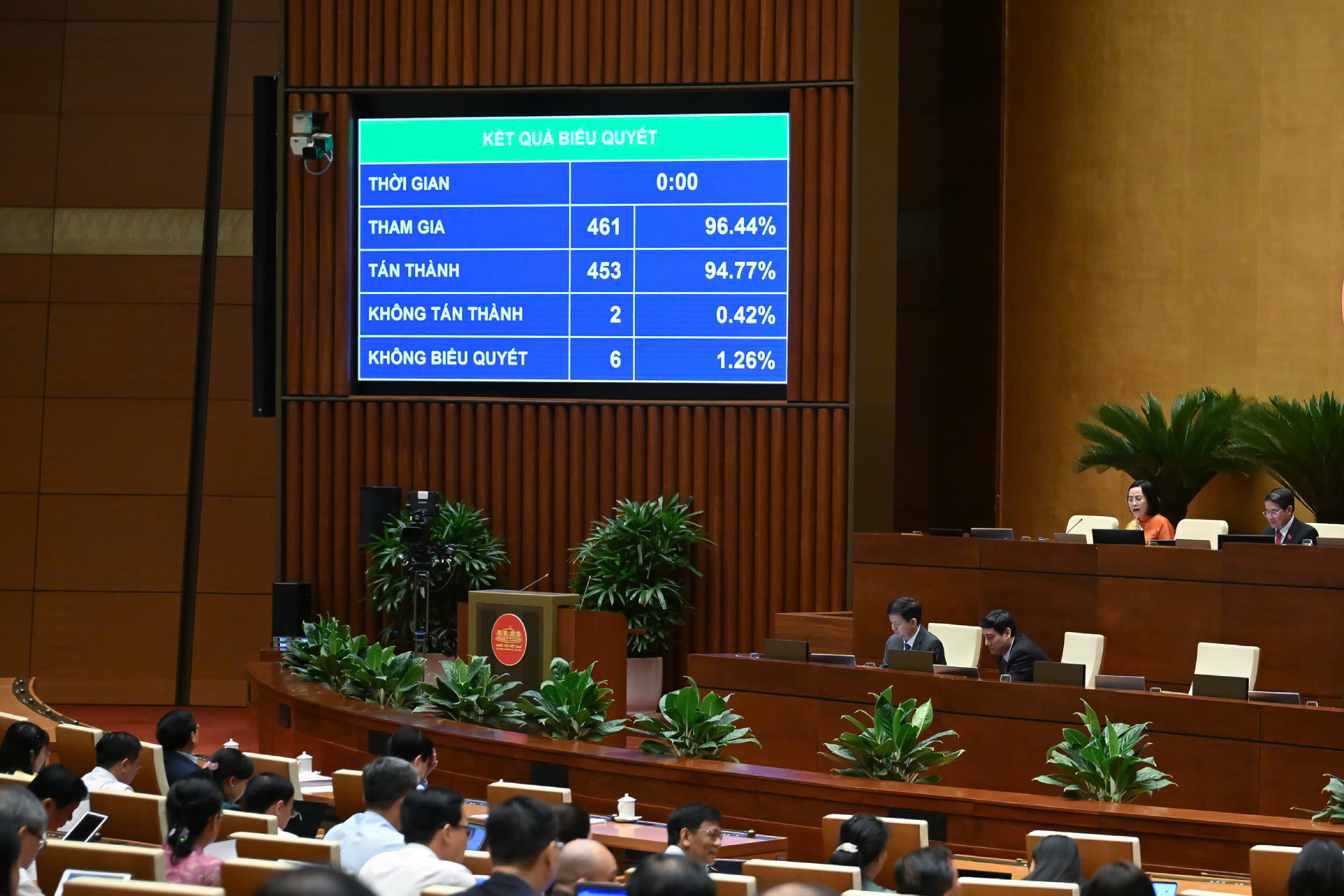The new law introduces regulations on the rights and responsibilities of individuals who convey advertising messages. These individuals are entitled to receive honest, complete, and accurate information from advertisers about the organization, product, or service being promoted, including relevant documents outlining advertising conditions.
Their obligations include complying with legal provisions regarding consumer protection and other relevant regulations when providing information about product features and quality during advertising activities.
They must also fulfill tax obligations when earning income from advertising services, provide advertising-related documentation upon request from competent authorities, and be legally accountable if the advertising content fails to meet legal standards. They must also comply with other legal obligations.
Those who convey advertising on the internet are subject to these and other relevant legal provisions.
Stricter obligations for influencers

Influencers are now bound by these obligations and must also:
Verify the credibility of the advertiser
Review documents related to the advertised product or service
Refrain from promoting a product or service they have not used or do not clearly understand
Disclose that the content is an advertisement before and during the promotional activity
An individual is considered an influencer if they meet any of the following criteria:
Recognized by authorities or organizations for expertise, professional qualifications, or experience in a specific field
Recognized by authorities or organizations for being a respected figure with significant contributions to society or a specific profession
A public figure with substantial media attention or follower count and a qualifying digital account to participate in advertising or business activities on digital platforms
Before the law was passed, Nguyen Dac Vinh, Chairman of the National Assembly's Committee for Culture and Society, reported that some opinions had called for stricter rules - limiting promotional content to influencers with relevant expertise only.
However, the Standing Committee of the National Assembly emphasized that in a market economy, the participation of celebrities and influencers in advertising is a commercial activity that contributes positively to economic development, production, business, and innovation. The revised law includes additional obligations to strengthen oversight.
As such, the Committee retained the provision that does not restrict celebrities or influencers from engaging in advertising. Yet, concerns were raised about the feasibility of requiring influencers to verify advertiser credibility.
The Committee defended this provision, arguing that clearly defined responsibilities are necessary to address misleading promotions, including those involving counterfeit or imitation products.
The duty to “verify the advertiser’s credibility” is designed to strengthen the influencer’s responsibility to the community and society. Hence, the Committee chose to retain this requirement in the draft law.
Another suggestion was to clarify when and how influencers must notify the public that their content is an advertisement. The Committee accepted this recommendation and incorporated it into the draft.
Television advertising regulations clarified
Under the new law, advertising on broadcast television programs must not exceed 10% of the total daily airtime, except for dedicated advertising channels. Advertisements must be distinguishable from regular content.
On pay-TV channels, advertising is capped at 5% of total daily airtime, also excluding specialized ad channels, and must be clearly marked.
Entertainment shows and films shorter than 5 minutes cannot be interrupted for ads. Programs lasting between 5 and under 15 minutes may be interrupted once for advertising. For programs 15 minutes or longer, one additional ad break is allowed for every additional 15 minutes. Each ad break may not exceed 5 minutes.
Tran Thuong